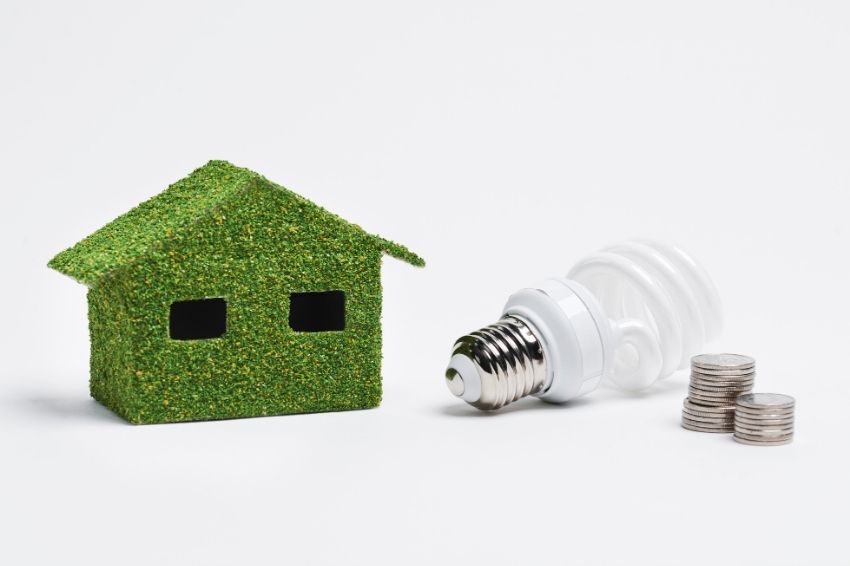Most Brazilian state capitals already have a green IPTU (Urban Property and Territorial Tax).
Today, Salvador (BA) is the capital with the greatest development of the program.
In addition to the capitals, other cities in the country also have the benefit, totaling 65 municipalities with more than 200 thousand inhabitants.
The project, which is growing across the country, follows the logic of an international practice that certifies buildings that have invested in sustainable technologies in their construction or renovation projects.
“City councils can implement solar energy programs in their buildings to create incentives, whether regulations that require minimum certifications of energy efficiency, solar energy and water collection or environmental certifications of slightly broader sustainability, such as specific incentive programs”, highlights Adalberto Maluf, director of marketing and sustainability at BYD and president of ABVE (Brazilian Electric Vehicle Association).
The discount on the IPTU value is made to the extent that the building uses sustainable solutions in new constructions or in renovated buildings. It varies depending on the city, but is between 5% and complete tax exemption.
The first city in Brazil to adopt the system was São Bernardo do Campo (SP), in ABC Paulista, in 2008, followed by Guarulhos (SP) and Poços de Caldas (MG). The capital of São Paulo has had the project since 2015 and discounts can reach up to 12%.
That same year, the capital of Santa Catarina, Florianópolis, implemented the program, with a maximum discount of 10% on IPTU. In the capital of Rio de Janeiro, discounts can reach up to 5%. In Belo Horizonte (MG), the implementation of the project was approved in 2017, with a maximum discount of 10%.
In the capital of Espírito Santo, Vitória, the green IPTU was approved last year and discounts can reach up to 20%. In the city of Curitiba (PR), the bill was presented last year, with an expected discount of up to 5%. In Porto Alegre (RS), the process study began in 2015, but there is still no scheduled start date.
Currently, the municipality of Tietê (SP) is the only one that grants total tax exemption, and in Campos do Jordão (SP) the discount can reach up to 90%. The city of Caruaru (PE) had green IPTU implemented last year, with maximum discounts of up to 20%. The municipality is the first in the state to give discounts for sustainable buildings or buildings that preserve green areas.
For Luciana Levantezi Polo, a sustainability specialist at UNICAMP and UFPR, green IPTU is still a very symbolic practice throughout the country.
“These are scattered initiatives, they are not self-financing and are limited to permeable areas and afforestation. The yellow IPTU, in turn, concerns energy issues, but appears only in the city of Salvador (BA) with a limit of a maximum of 10% of reduction in the tax value”, says Luciana.
The expert also highlights that this is not a public policy organized between the state and municipal legislative spheres aimed at sustainability and, in general, includes those who in some way already have some positive environmental aspect on the land or in the construction.
“These are not incentive programs for the improvement and expansion of environmental programs, but rather incentives for the preservation of what already exists, such as permeable areas of the land and sidewalk trees”, highlights the expert.
“In the case of Salvador, regarding solar energy, yellow IPTU incentives may be relevant financial factors in choosing residential solar energy, but they are secondary. This means that despite the tax incentives in IPTU, the decision to adopt this green technology is taken based on other priority factors, such as the appreciation of the property, electrical safety and the medium-term financial return on the electricity bill”, concludes Luciana .
How to join the benefit?
Those interested in obtaining discounts must meet the requirements imposed by the city hall of the municipality where the property is located. The requirements are similar in different cities across the country. The main requirements to obtain the benefits of green IPTU are:
- Rainwater capture and use;
- Water reuse;
- Heating using solar collectors;
- Power generation with photovoltaic panels;
- Use of sustainable materials in construction;
- Separation and forwarding of inorganic solid waste for recycling (selective waste collection system);
- Plantings of native tree species;
- Arrangement of green areas according to the total extension of the property;
- System for maintaining permeable areas;
- Allow groundwater recharge;
- Construction of ecological sidewalks;
- Tree planting on pavements;
- Green roof installation;
- Use of LED lamps.
Green IPTU receives other names, depending on the region, such as environmental IPTU, sustainable IPTU or ecological IPTU. Other cities in the country also have a discount system, but less comprehensive and focused on the use of solar energy in homes, such as the Palmas Solar project, in the capital of Tocantins. The discount is made for five years on IPTU and can reach up to 80%.
Palma Solar was created in 2015 and regulated in 2016. The program offers tax benefits to residents of the municipality who adopt photovoltaic energy generation in their homes, businesses or industries. Yellow IPTU is a program in the city of Salvador, which uses certification and has a few different levels, which can reach 10% of annual tax exemption.


















One Response
The report is very good and important. I loved reading!!